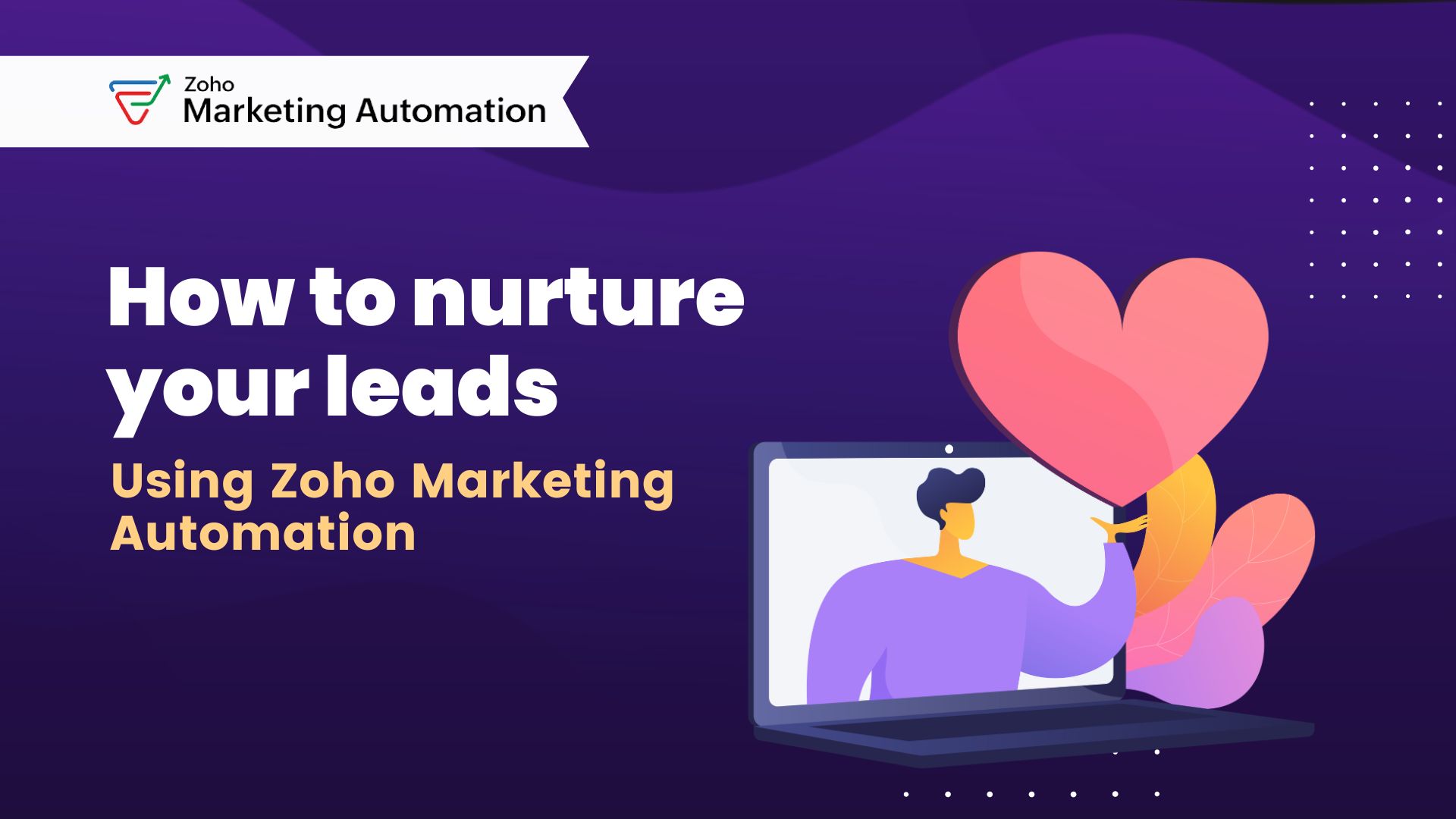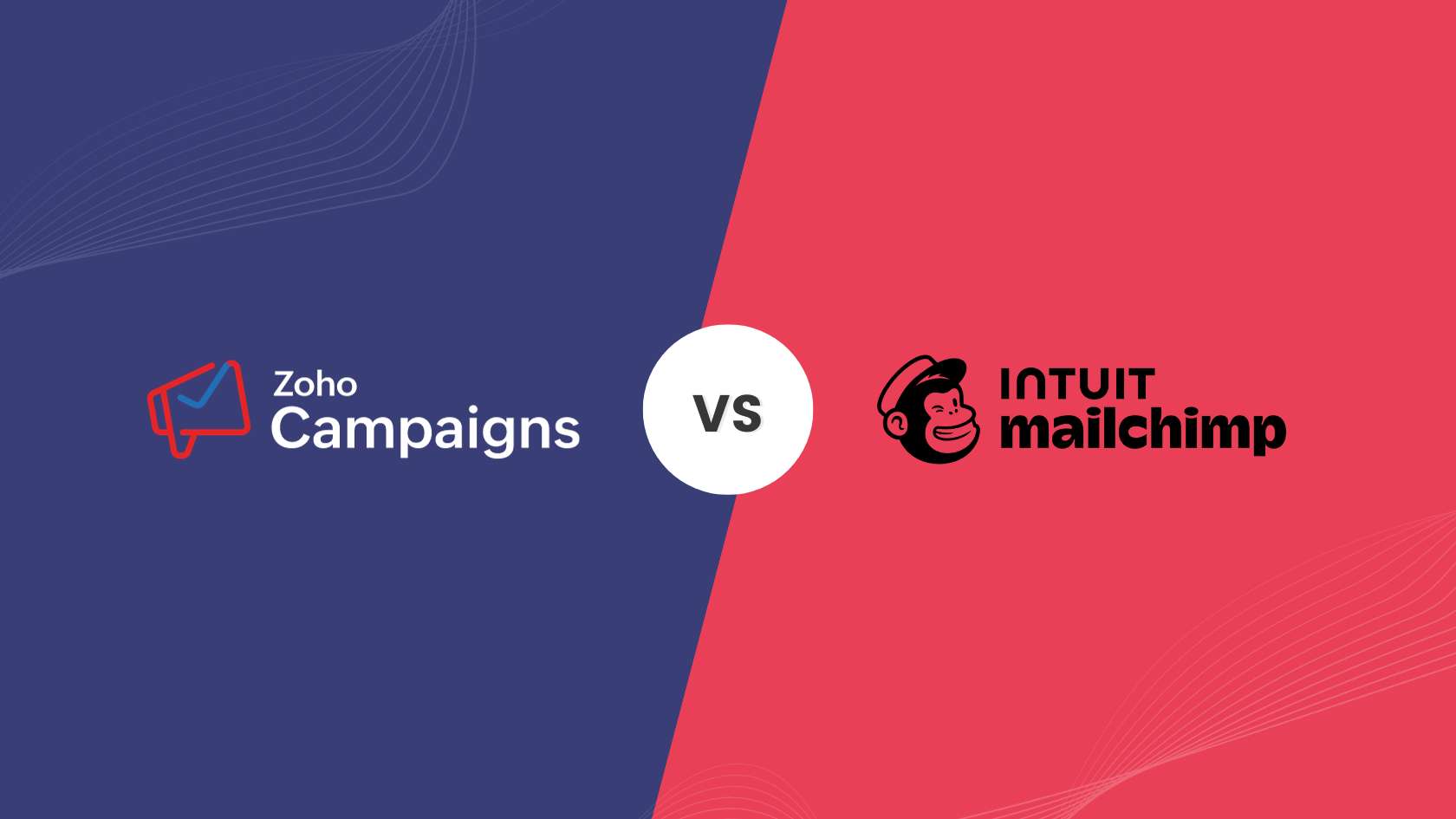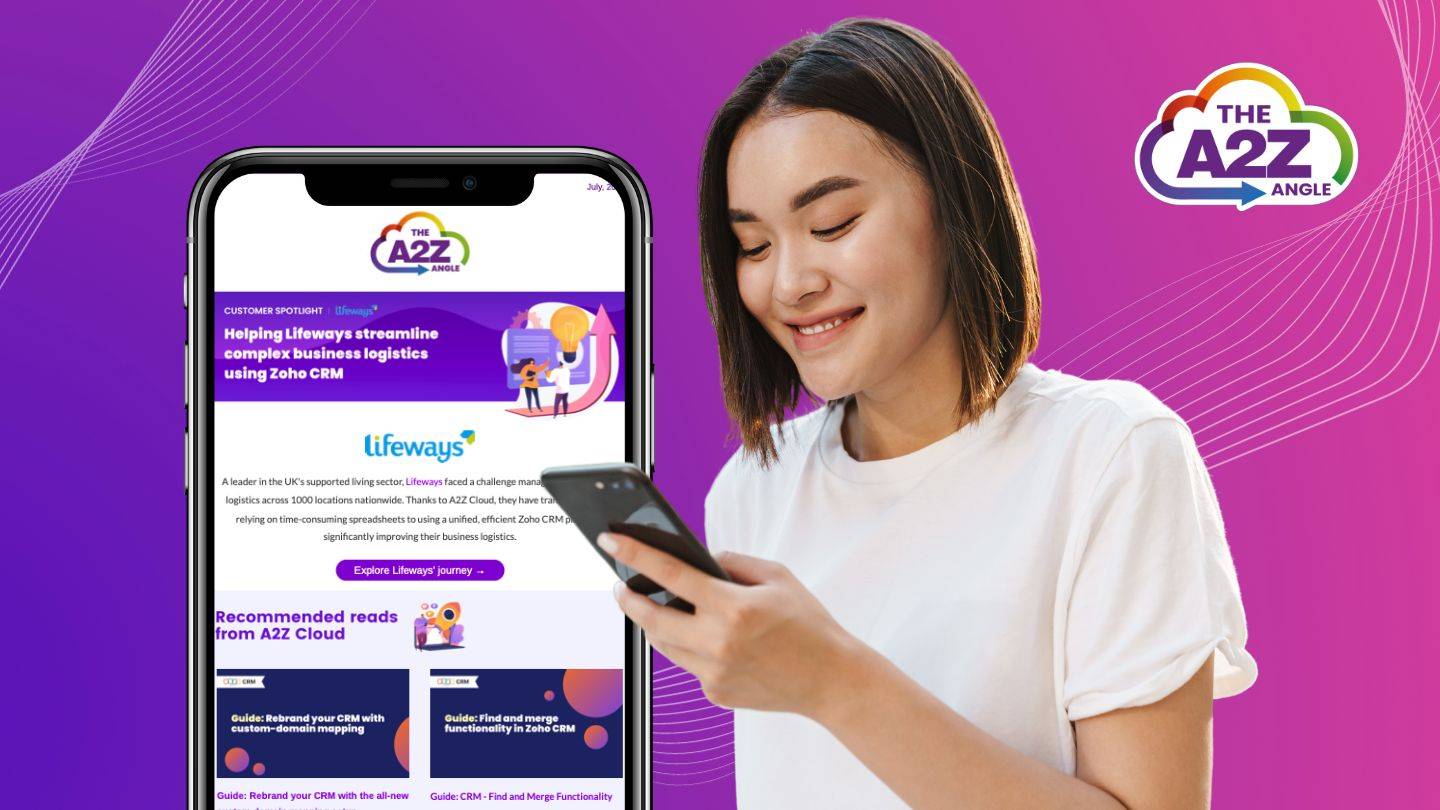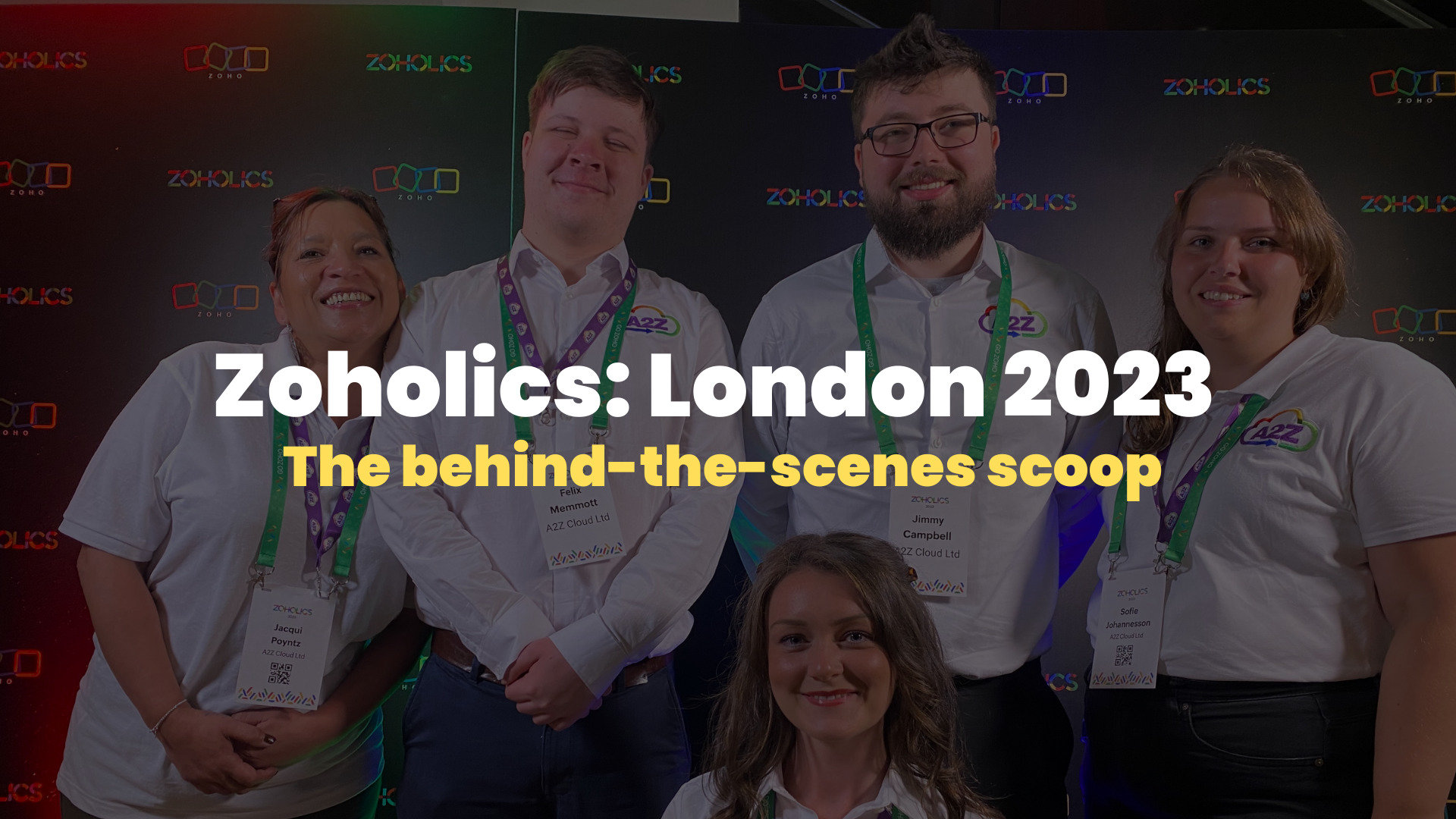The Metaverse: A New Frontier For Marketing?
Facebook is rebranding themselves as Meta, in an effort to increase their focus on augmented and virtual reality projects. The company owns Instagram (a photo sharing app), Oculus VR (which makes Virtual Reality headsets), messaging platforms Messenger & WhatsApp as well as Facebook itself; they will be known collectively under this new brand name, Meta. But, has this big move from the social media giant been a wake-up call to marketers for new opportunities?
So firstly, what is the Metaverse?
The Metaverse is the digital world where people get to interact as avatars. It’s like an alternate reality that has been created for them, and it can be accessed either through VR gear or Augmented Reality (AR) glasses.
Imagine a world where you can be anyone and anywhere. In this virtual reality, the sky is not only yours but also boundless in its possibilities for exploration! From working on business deals to attending concerts or cinema trips; this future will have it all.
Why Facebook?
Mr Sweeney, the head of Epic Games (which makes Fortnite), has long spoken about his metaverse aspirations.The game itself has been at the forefront of what is possible in the industry in recent years. From hosting concerts to creating their own digital world, the game has impressed many with its features and complexity.
Sweeney’s metaverse vision could be a powerful tool as we move towards new digital avenues. With key tech giants discussing these unlimited possibilities, it’s no surprise Zuckerburg wants Meta to be positioned as a leader in this futuristic space.
Facebook is making a big push to build an immersive virtual world, and it’s investing heavily in the field. The company has shown continuous development for VR headsets, and has developed apps for social hangouts as well as at work–with some even able to interact with the real world.

So, does the Metaverse hold a future for marketing?
Old-fashioned advertising methods are becoming obsolete, replaced by new innovations that target every age group. The most popular form of digital marketing is influencers who post pictures or videos on social media sites like Instagram and Twitch to show off their products in an engaging manner – it’s not uncommon for these personal endorsements from everyday people with large numbers of followers (or “influencer”) accounts to attract thousands if not millions more views than traditional ads would alone!
The phrase “in real life” has taken on a whole new significance in our digital age. Digital alone is not sufficient; it must also be interesting, meaningful and immersive to create relationships with today’s generation of consumers who are bombarded by technology day-to-day everywhere they go. And this comes as close as possible thanks to metaverse – or what some people call the next virtual world that will come out soon!
The fashion world is already embracing technology. Many brands are using virtual worlds to increase their visibility, capture new audiences and facilitate purchases – like Gucci and Balenciaga.
In the B2B industry, there is a need for immersive meetings and augmented involvement in factories. In order to solve these problems effectively it will be necessary to have a Metaverse where operators can use VR or AR technology that creates realistic environments so customers aren’t just being shown things from their office but rather experiencing them first-hand as if they were really there themselves; this could also lead into remote assistance features allowing staff members at other locations access resources like training videos.

The downside?
As of now, metaverse seems still very nascent and comes with some learning lessons for marketers. Brands are challenged to find new ways of marketing in the internet era. Virtual clothing, NFTs and branded shops within games have all been experimented with by brands as they try figure out how best to reach consumers digitally-native world.
However the real challenge is marketing is all about getting more people to buy your product. The ultimate goal. How can you track the impact of this “advertising” in the virtual world. The uncertainty for marketers in measuring and calculating return on investment (ROI) tracking. Making it slow for marketers to embrace virtual worlds as a new advertising medium. In order for their campaigns in these virtual environments to be effective at generating ROI, planners need thorough data about each individual players activities and the costs associated with building virtual worlds. Which can be both costly and time-consuming.
Data privacy and security are a challenge in the metaverse. With new technology comes the need for more evolved methods to protect user data where there was none before. Personal verification might require more data from users, thereby increasing privacy risks.
In Conclusion
The internet is about to undergo a massive shift that will have big implications for society. Businesses, marketers, communicators – all of these professionals need to be ready because in the coming Metaverse they’ll face unprecedented challenges. Additionally, there are other opportunities around the corner: what business can you build when your brand has no limitations?
The new era of creativity awaits, the question is, how are you preparing?
Share this article
Join the A2Z Angle
Looking to stay ahead of the curve in the fast-paced world of tech? Look no further than A2Z Cloud's monthly newsletter. Join us today for exclusive access to deep dives on all the techie subjects you crave, with must read content from our top partners, plus exciting event announcements and inspiring customer stories.
It's all delivered straight to your inbox, once a month only, so you never miss a beat. Sign up below.
















